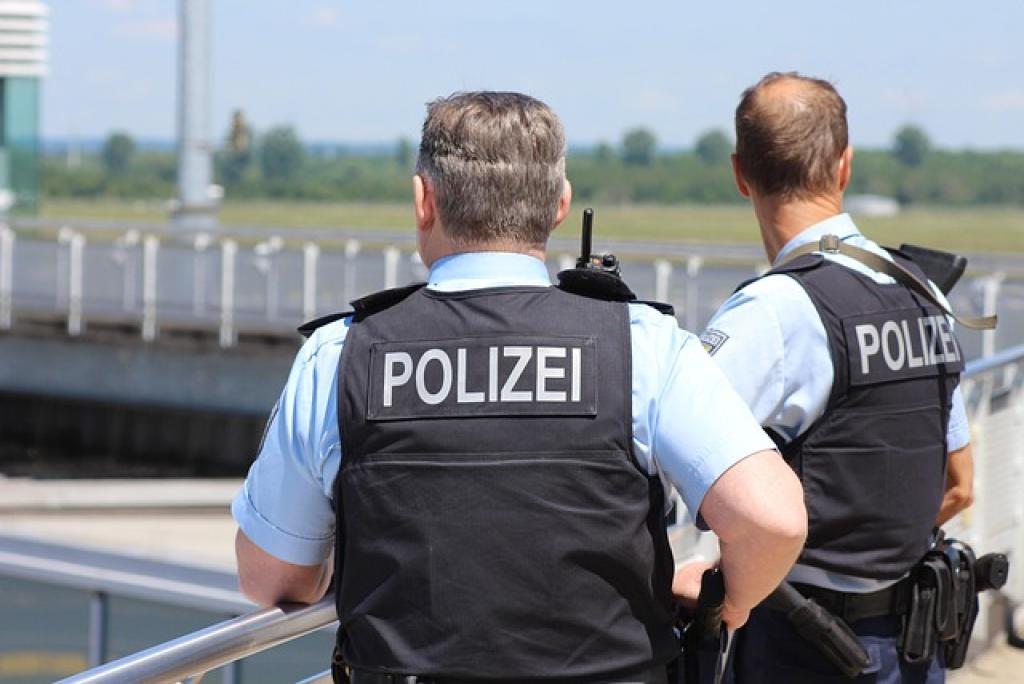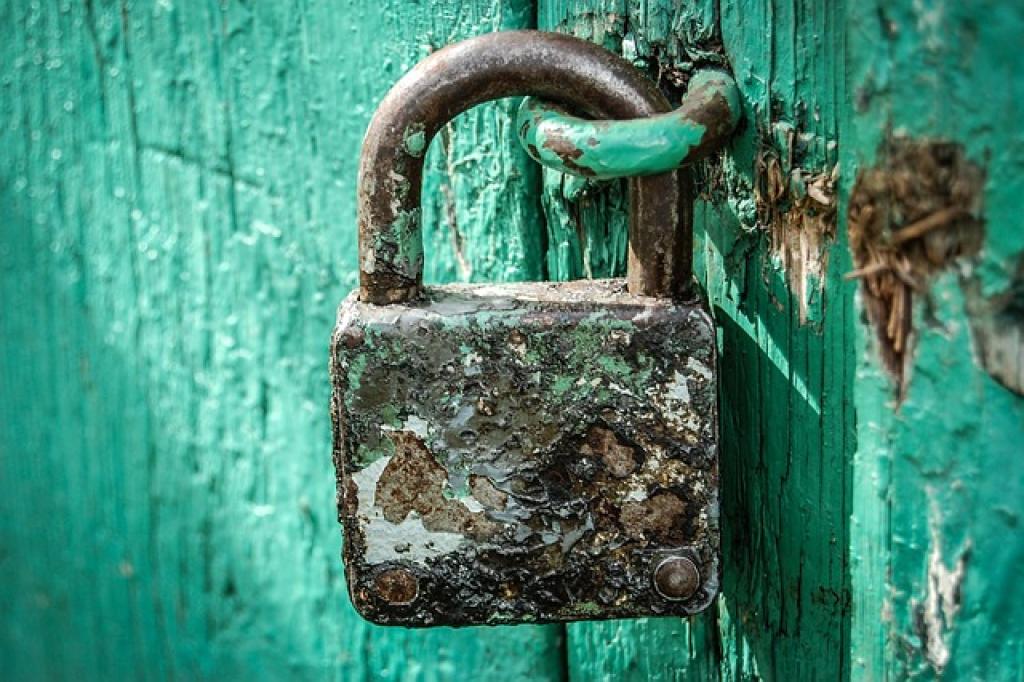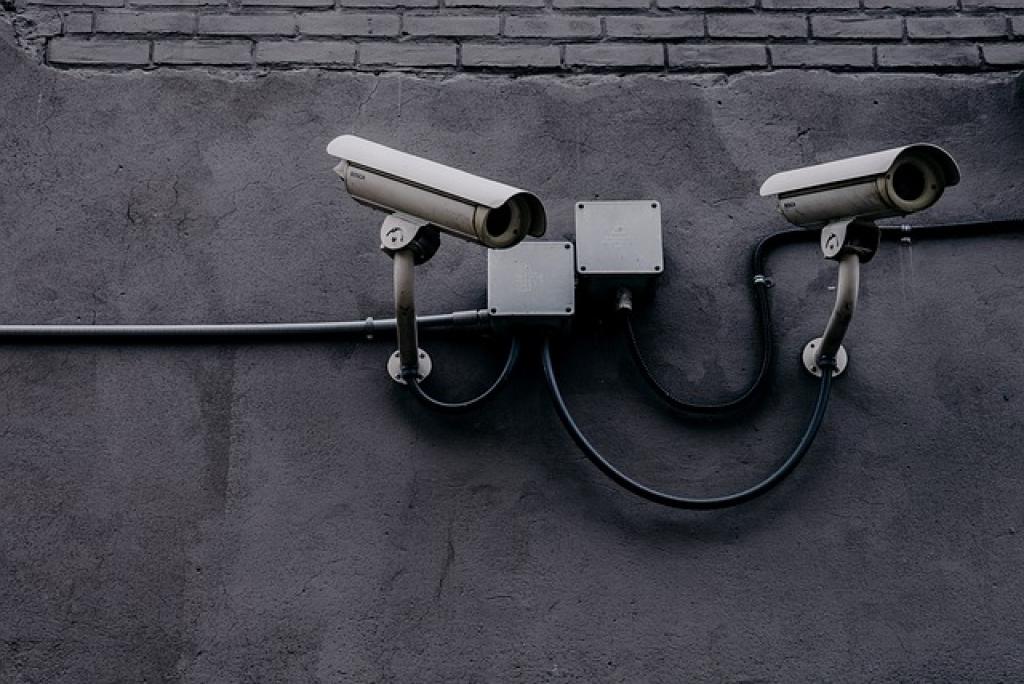
Key Responsibilities of Commercial Security Officers: A Comprehensive Guide
In today’s fast-paced commercial landscape, the role of security officers is more crucial than ever. These professionals are not just gatekeepers; they are the backbone of safety and efficiency in a myriad of industries. As threats evolve, so too must the strategies and responsibilities of those who stand guard against them.
A comprehensive understanding of what commercial security officers do is essential for any business aspiring to protect its assets. Beyond the visible acts of patrolling and surveillance, these officers are tasked with creating secure environments through meticulous risk assessments and emergency planning.
This guide delves into the myriad responsibilities that define the role. Whether you’re considering a career in security or looking to enhance your organization’s protective measures, understanding these fundamental duties is key to success.
Understanding the Role of Commercial Security Officers
At the heart of commercial security lies a multifaceted role that extends beyond simple monitoring. A commercial security officer’s duties are diverse, encompassing everything from deterring criminal activities to fostering a sense of safety among employees and visitors alike.
These officers are often the first line of defense in any setting, responsible for regular patrols and immediate response to alarm triggers. They meticulously assess vulnerabilities, adapting strategies to preempt threats before they materialize. In this proactive approach, technology plays a pivotal role—officers must be adept at using surveillance systems and managing access controls effectively.
Interpersonal skills are equally crucial, as officers frequently interact with staff and customers. This engagement not only ensures compliance with security protocols but also enhances community relations, making them indispensable ambassadors of safety.
Emergency preparedness is another integral aspect, involving coordination with law enforcement and conducting safety drills. This ensures that both personnel and infrastructure are equipped to handle crises efficiently.
Ultimately, commercial security officers are more than guardians; they are skilled professionals dedicated to preserving the integrity and continuity of business operations.
Essential Qualifications and Training for Security Officers
Success in the role of a commercial security officer hinges significantly on acquiring the right qualifications and training. While the minimum requirement often includes a high school diploma, specialized training can significantly enhance a candidate’s skill set and marketability.
Basic training programs cover crucial topics such as security protocols, emergency response, and first aid. These foundational courses equip officers with the knowledge to handle a range of situations confidently and competently.
Beyond these basics, many employers favor candidates with advanced certifications. These could include courses in conflict resolution, cybersecurity awareness, or advanced surveillance techniques. Such training ensures that officers are well-versed in both traditional and modern security challenges.
Licensing requirements vary by region, often necessitating completion of state-mandated training programs and successful background checks. Staying compliant with these requirements is vital for both new entrants and seasoned professionals.
Furthermore, ongoing professional development is highly beneficial. Security officers who engage in continuous training not only hone their skills but also stay informed about the latest industry trends and technologies.
In this ever-evolving field, dedication to education and improvement can set one apart, ensuring that security officers are well-prepared to protect and serve effectively.
Responsibilities in Maintaining Site Security
A commercial security officer’s primary responsibility is to ensure the safety and security of the premises they oversee. This begins with detailed surveillance and monitoring, where officers keep a vigilant eye on security systems and conduct regular patrols to deter unauthorized access and potential threats.
Access control is a critical component, requiring security officers to manage entry and exit points effectively. This involves verifying credentials, issuing visitor passes, and monitoring the flow of individuals to prevent breaches.
Furthermore, officers are tasked with safeguarding physical assets by conducting regular inspections. They check for vulnerabilities such as missing locks or malfunctioning cameras and address any issues swiftly.
Another key responsibility is incident reporting. Security officers meticulously document all security-related activities, noting any incidents, anomalies, or breaches. This documentation is crucial for legal accountability and helps refine future security strategies.
Collaboration with law enforcement is also vital. In the event of a security breach, officers must liaise with police and emergency responders to ensure a coordinated effort in resolving the situation.
Ultimately, maintaining site security is about creating an environment where business operations can proceed uninterrupted, with the assurance that both people and assets are protected at all times.
Handling Emergency Situations and Crisis Management
The ability to adeptly handle emergencies is a hallmark of an effective commercial security officer. In high-stakes situations, clear-headed decision-making and swift action are paramount to ensuring safety and minimizing damage.
Rapid Response and Decision-Making
Timeliness is crucial when an emergency arises. Security officers must be prepared to spring into action, assessing the situation quickly to execute the best course of action. This may involve evacuating employees and patrons or following detailed emergency protocols to address specific scenarios such as fires, natural disasters, or active threats.
Communication is key in crisis management. Officers must relay accurate information to law enforcement and emergency services promptly, facilitating a coordinated response. Moreover, effective communication with employees and visitors can prevent panic and confusion.
Continuous Training and Preparedness
Being prepared means regular training and simulation exercises. Security officers are often involved in organizing and leading drills, which reinforce emergency procedures and prepare everyone on-site for potential crises.
Post-crisis analysis is another critical responsibility. After an incident, officers review the outcomes and suggest improvements to current strategies. This continuous improvement ensures that security measures evolve in response to new threats, maintaining a high level of safety and security.
Utilizing Technology for Enhanced Security Operations
In the ever-evolving landscape of commercial security, technology plays a pivotal role in augmenting the capabilities of security officers. Leveraging advanced tools not only boosts efficiency but also ensures a more robust and comprehensive approach to safeguarding premises.
Surveillance systems form the backbone of modern security operations. High-definition cameras, often integrated with motion sensors and facial recognition software, allow for real-time monitoring and quick response to any suspicious activities. This technological edge makes it easier to maintain a secure environment with minimal manpower.
Access control systems have also seen significant advancements. Sophisticated keyless systems using biometric scanners or RFID technology provide a higher level of security by precisely controlling who can enter sensitive areas.
Moreover, mobile technology enables officers to stay connected through security apps that deliver instant alerts and updates. This connectivity ensures faster decision-making and deployment of resources where needed.
Data analytics is another powerful tool, enabling the identification of patterns and potential vulnerabilities within security operations. By analyzing data trends, security teams can anticipate issues and fortify defenses accordingly.
Embracing these technologies transforms security operations into a dynamic field where innovation continually enhances the ability to protect people and assets.
Interacting with Clients and Law Enforcement
Communication is a cornerstone of effective security operations, and the ability to interact seamlessly with clients and law enforcement is crucial for commercial security officers. Building strong relationships with these key stakeholders facilitates cooperation and coordination in maintaining a secure environment.
Engaging with clients requires both professionalism and empathy. Security officers often act as the face of the organization, greeting visitors and addressing inquiries promptly. Their ability to communicate clearly ensures that clients feel valued and reassured about their safety.
Establishing trust is vital, especially when discussing security protocols or addressing any potential issues that may arise. Transparency and proactive communication help in maintaining a positive relationship with clients, which is essential for ongoing collaboration and support.
Working with law enforcement demands another set of communication skills. Security officers serve as the liaison, providing critical on-site information during incidents. Clear and concise communication ensures that law enforcement can respond effectively and efficiently.
Collaborating during drills and emergency simulations strengthens these working relationships, ensuring all parties are aligned in their understanding and expectations. This synergy not only enhances the effectiveness of security operations but also ensures a comprehensive approach to crisis management, safeguarding both people and property.
Maintaining Professionalism and Ethical Behavior
In the realm of commercial security, professionalism and ethical behavior are non-negotiable standards that define a security officer’s credibility and effectiveness. The manner in which security personnel conduct themselves impacts not only their personal reputation but also the organization they represent.
Professionalism begins with appearance and demeanor. Security officers serve as visible representatives, and their professional attire and courteous approach set a tone of authority and respect. Consistency in punctuality, reliability, and accountability reinforces their commitment to their role.
Ethical behavior is equally critical, guiding decision-making and actions in complex scenarios. Security officers often encounter situations requiring discretion and confidentiality. Upholding ethical standards ensures that information is protected and trust is maintained with clients and colleagues.
Furthermore, adhering to legal standards and regulations is imperative. Officers must be well-versed in the legal aspects of their duties to ensure compliance with laws and organizational policies. This not only protects the rights of individuals but also minimizes liability for the business.
Continuous self-improvement and reflection on ethical practices foster a culture of integrity and excellence. By maintaining these standards, commercial security officers can effectively protect their sites while earning the respect and trust of those they serve.
The Bottom Line: Ensuring Effective Security Officer Management
In the intricate world of commercial security, the effectiveness of security officers is paramount to safeguarding people and assets. A holistic approach to management not only enhances their performance but also elevates the overall security posture of an organization.
At the core of effective security management lies comprehensive training and professional development. By equipping officers with the necessary skills and knowledge, businesses can ensure they are prepared for the myriad challenges they may face. Continuous learning fosters adaptability, a crucial trait in an ever-evolving threat landscape.
Communication and collaboration also play pivotal roles. Encouraging open lines of dialogue among security teams, clients, and law enforcement agencies facilitates a unified approach to addressing security concerns. This cohesion not only improves response times but also bolsters trust and accountability.
Furthermore, embracing technology amplifies the capabilities of security personnel. With the right tools at their disposal, officers can monitor and manage threats more efficiently, ensuring a proactive rather than reactive stance.
Professionalism and ethics form the foundation of trust in this field. Security officers who consistently uphold these values not only protect their reputations but also reinforce the integrity of the organizations they serve.
Ultimately, the goal is to create an environment where security officers can excel, providing a safe and secure backdrop for business operations. By prioritizing their development and supporting their efforts, businesses can reap the benefits of a competent and confident security team, vital to navigating the complexities of today’s security challenges.


